Over the past two decades, research and application of science and technology, including biotechnology (BNT) in agriculture, have contributed to making Vietnam one of the world's leading countries in the production and export of agricultural products.
But recently, research and application of biotechnology in agriculture in Vietnam is "running out of steam", causing our country to face the risk of falling behind the world .
Where is the research and application of biotechnology stuck?
Dr. Cao Duc Phat, former Minister Ministry of Agriculture and Rural Development , Chairman of the Board of Directors of the International Rice Research Institute (IRRI) affirmed: Biotechnology is an achievement of mankind, contributing effectively to the world's agricultural production for many decades, especially in the past 30 years. The world currently has about 200 million hectares of land applying biotechnology (genetic modification, gene transfer, gene editing...) with crops such as soybeans, corn, cotton, canola...
Professor, Dr. Le Huy Ham, former Director of the Institute of Agricultural Genetics, said that from 2015 to now, Vietnam has planted more than 1.3 million hectares of genetically modified crops (corn, soybeans, cotton). There are many benefits to cultivation, including guaranteed productivity, reduced care, reduced use of pesticides... thereby helping to increase profits for farmers.
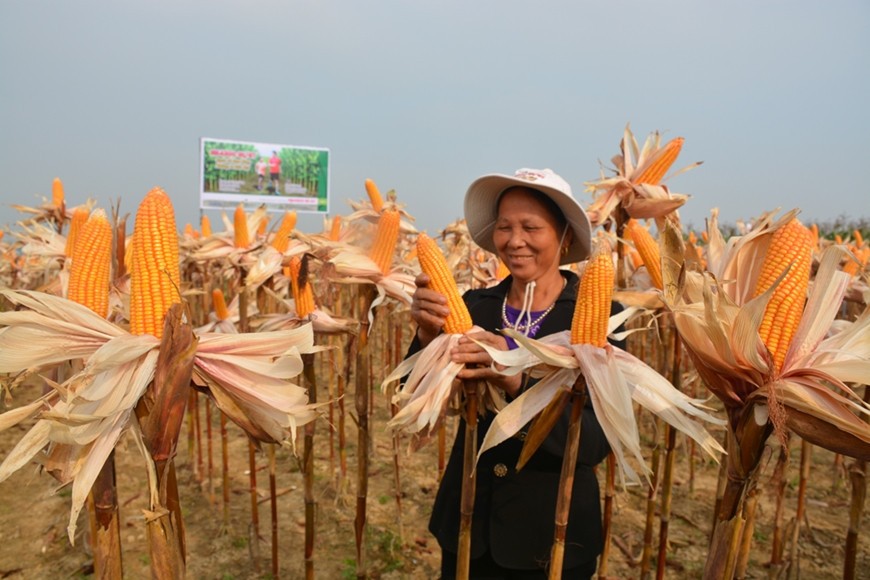
Research and application of biotechnology in agriculture to create breakthroughs and modern breeding techniques have provided many new varieties with desirable traits such as: drought resistance, disease resistance, salt tolerance; use of nutrients, increased productivity and natural vitality, water use efficiency...
Ms. Sonny Tababa, Director of CropLife Asia Biotechnology, assessed that crops using biotechnology help Vietnam adapt better to climate change, help people improve their livelihoods, and ensure income, especially in areas without guaranteed irrigation water, remote areas. Gene editing technology has affirmed its role and importance in Vietnam's agriculture.
The “key” to the development of Vietnamese agriculture
“Clearly, the benefits of applying biotechnology in Vietnam’s agriculture are undeniable. However, in recent years, the application of biotechnology has slowed down, with the risk of falling behind the world. In order not to fall behind, our country needs to quickly approach, grasp and apply these new trends,” Mr. Cao Duc Phat emphasized.
Explaining the current slowness of research and application of biotechnology in agriculture in Vietnam compared to other countries in the world, many experts said that the main reason for the difficulty in research and application of biotechnology in agriculture in recent times is the barrier of inadequate mechanisms and policies. For example, the issue of management and use of assets formed through the implementation of scientific and technological tasks using state capital related to Decree No. 70/2018/ND-CP of the Government. Associate Professor, Dr. Nguyen Huu Ninh, Deputy Director of the Department of Science, Technology and Environment (Ministry of Agriculture and Rural Development) said that the problem here is that the research results are within the scope of state budget investment. Because research within the scope of budget investment is considered state property, businesses are not very interested in coordinating and investing in research and application of biotechnology. Another reason is that due to limited resources, research and application of biotechnology in agriculture has also slowed down.
According to Mr. Nguyen Huu Ninh, in the context of climate change increasingly adversely affecting agricultural production in Vietnam, promoting research and application of biotechnology to create new varieties and improve competitiveness is an urgent requirement. If research and application of biotechnology in agriculture in Vietnam is slow, there is a risk of falling behind other countries in the world, greatly affecting production and reducing the competitiveness of products in the market.
Applying biotechnology is not only an inevitable trend but also the key for Vietnam to build a sustainable and highly competitive agriculture. In recent times, our Party and State have issued many guidelines, mechanisms and policies on research and application of biotechnology, especially Resolution No. 36-NQ/TW dated January 30, 2023 of the Party Central Committee. Politburo has identified and built biotechnology into an important technical economic sector. Therefore, to avoid the risk of falling behind and effectively meet the increasing demands of consumers, Vietnam needs to continue to focus on research and further improve the application of biotechnology in agriculture, especially genetic engineering including gene editing, asexual reproduction, and DNA recombination to create plant and animal varieties that meet production needs. In the immediate future, maximize the efficiency of key laboratories, focusing on developing cell technology and nanotechnology. Ngoc Linh ginseng is researching asexual reproduction as an example. Or from a common soybean variety with a sugar content that causes indigestion, Vietnamese scientists have researched, edited genes, and mutated into a new soybean variety - DT26 to overcome the above disadvantages...
Dr. Do Tien Phat, Head of Plant Cell Technology Department, Institute of Biotechnology (Vietnam Academy of Science and Technology) said that in order to meet the requirements of international integration, Vietnam's agricultural sector needs to promote the application of biotechnology and precision agricultural solutions, helping Vietnam's agricultural sector adapt better to climate change and increase competitiveness in the international market.
Source: https://baolangson.vn/ung-dung-cong-nghe-bi-hoc-trong-nong-nghiep-vi-sao-viet-nam-bi-hut-hoi-5027199.html


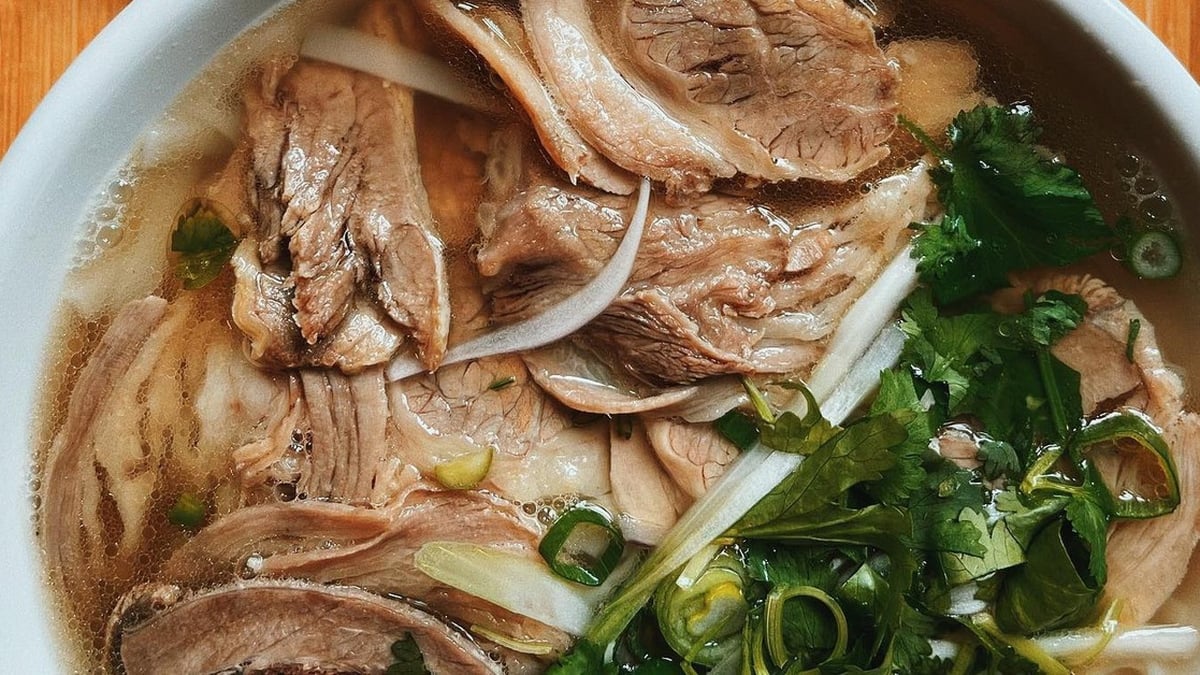







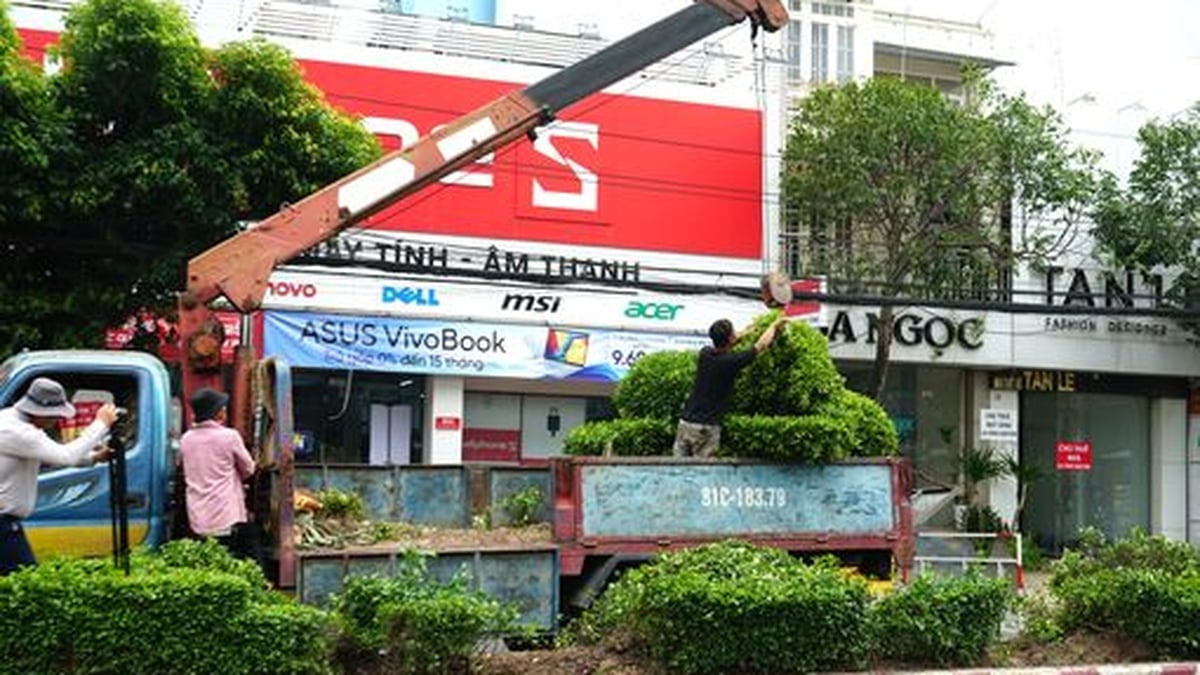
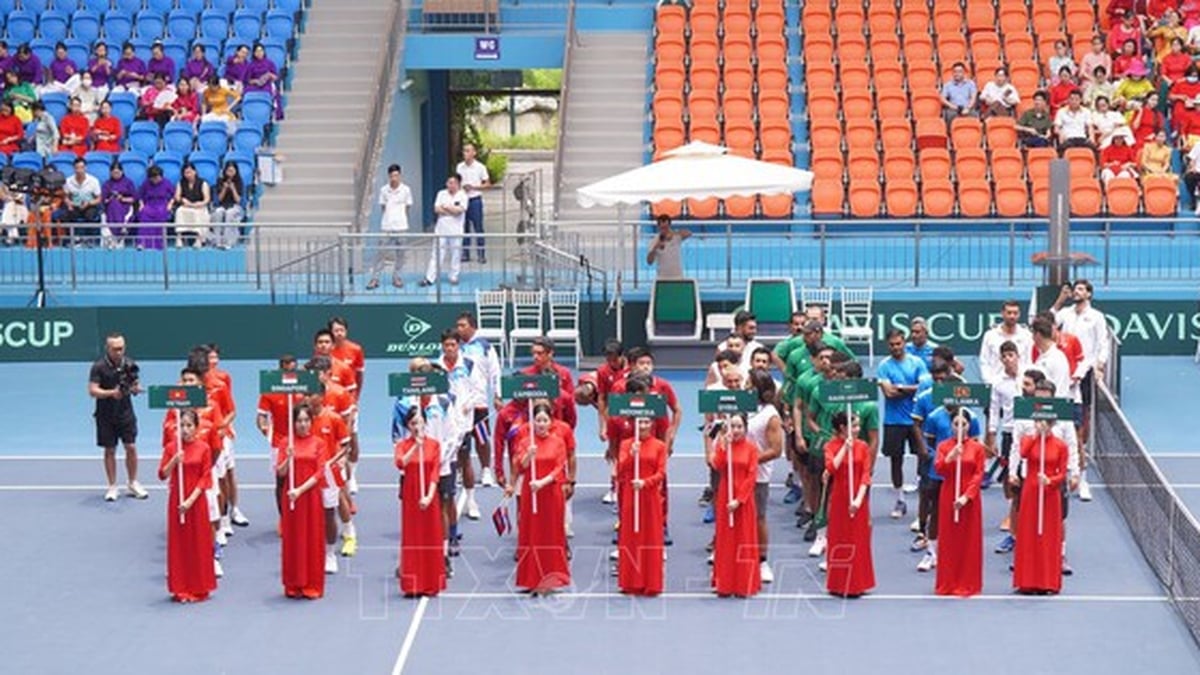

































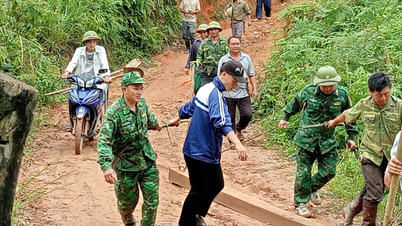

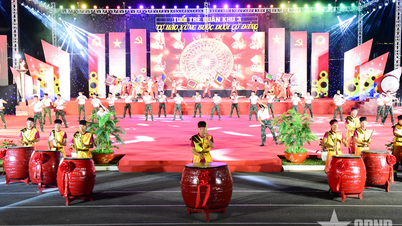







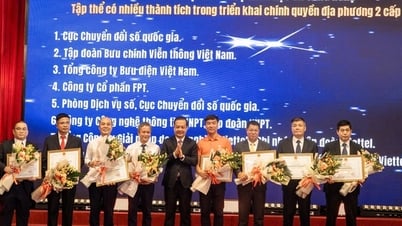


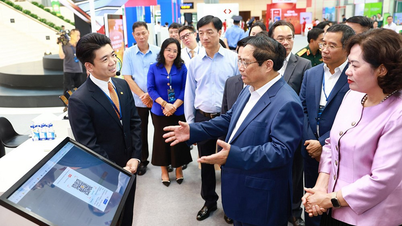





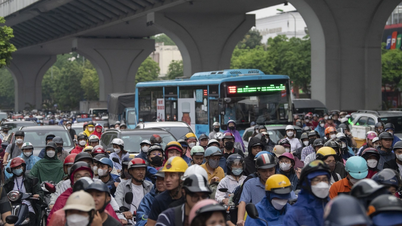

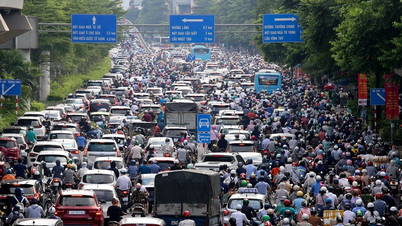




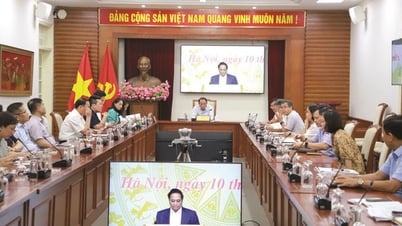
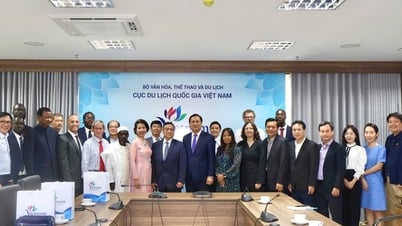
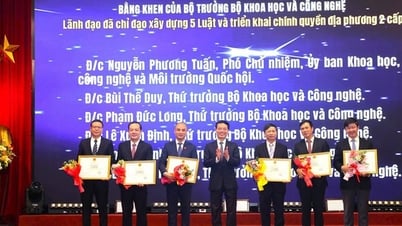






















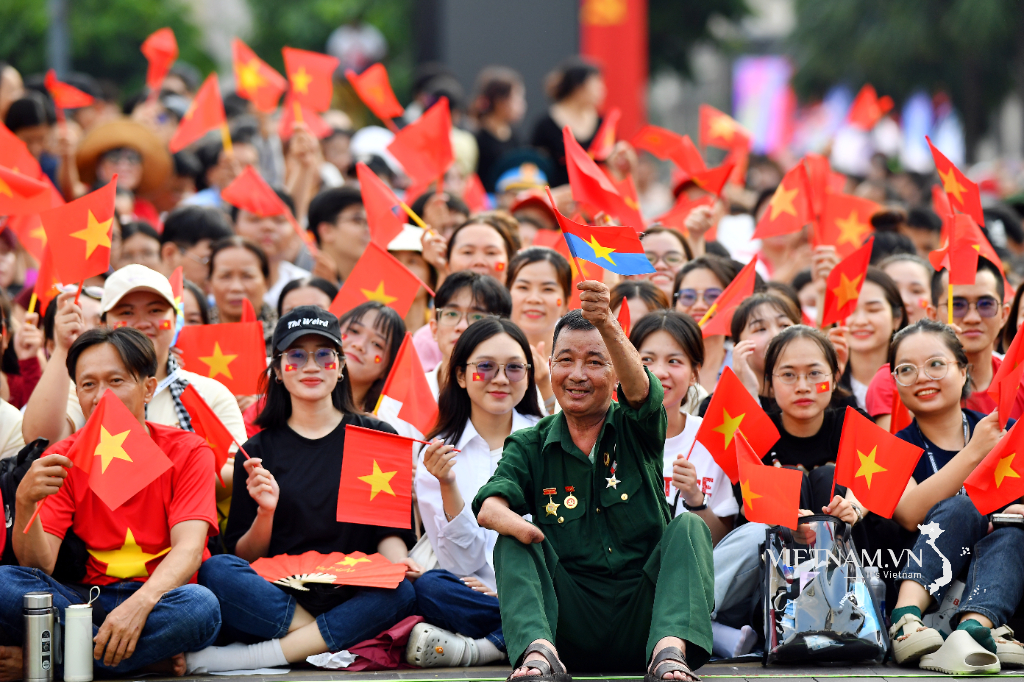



Comment (0)